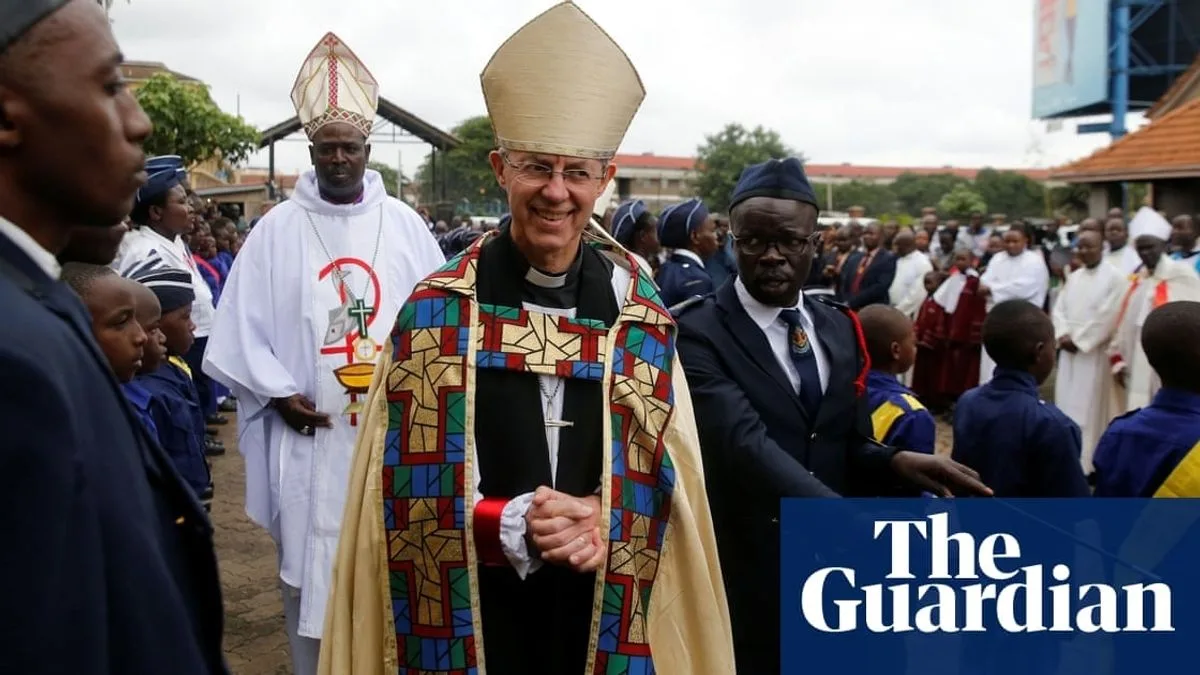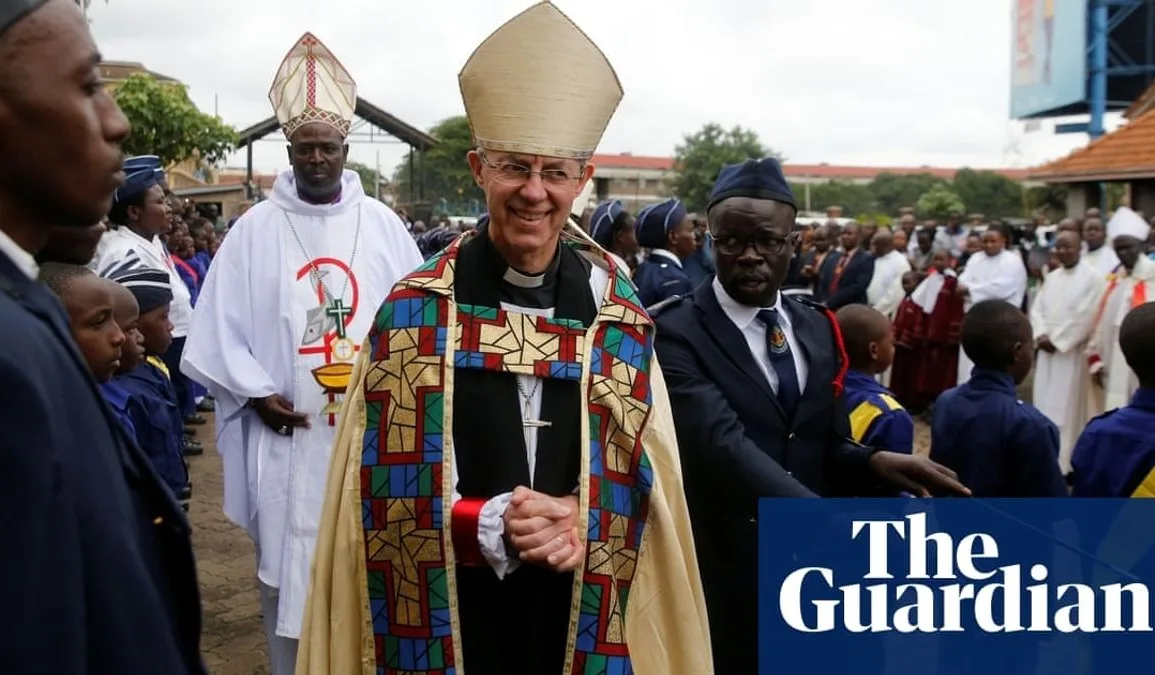
In a remarkable turn of events, the Church of England is facing calls to significantly boost its fund aimed at addressing its historical involvement in slavery to £1bn. This development comes in light of a report published on March 4, shedding light on the church’s acknowledgment of its role in British imperial exploitation and the transatlantic slave trade.
Historical Acknowledgment and Contemporary Action
The Church of England’s journey towards reconciling with its past has been a long one. Citing a poignant reminder from Jomo Kenyatta, the first president of an independent Kenya, the church’s delayed recognition of its complicity in colonialism, slavery, and the resulting injustices has sparked a significant debate. Kenyatta’s words, “When the missionaries arrived, the Africans had the land and the missionaries had the Bible. They taught how to pray with our eyes closed. When we opened them, they had the land and we had the Bible,” underscore the deep-rooted impact of these historical actions. The church’s current deliberations on enhancing its reparations fund to £1bn reflect an earnest attempt to address these long-standing issues.
Public and Political Reactions
Reactions to the Church of England’s proposed actions have been varied. While some view this move as a long-overdue step towards justice and reconciliation, others question the feasibility and impact of such financial reparations. The controversy surrounding the dismissal of David Neal, the inspector of borders and immigration, for highlighting the lax immigration control over private jets, further complicates the discourse on accountability and reparative measures in different sectors of British society.
Broader Implications for Society
The dialogue surrounding the Church of England’s reparations fund extends beyond the confines of religious and historical accountability. It touches upon broader issues of equity, justice, and how societies reckon with their past. Similarly, the discussions on terminology and communication, as highlighted in the context of cancer treatment, underscore the importance of empathy, understanding, and patient-centered care in addressing complex challenges. The call to abandon the term “tax giveaways” in budget reports further emphasizes the need for clarity and transparency in public discourse and policy-making.
As the Church of England contemplates its next steps, the unfolding situation invites reflection on the mechanisms of restitution and the paths towards healing historical wounds. The debate opens up critical conversations about the legacy of colonialism and slavery, not just within the church, but across society. It challenges individuals and institutions to consider the implications of their history and the actions necessary to forge a more just and equitable future.


